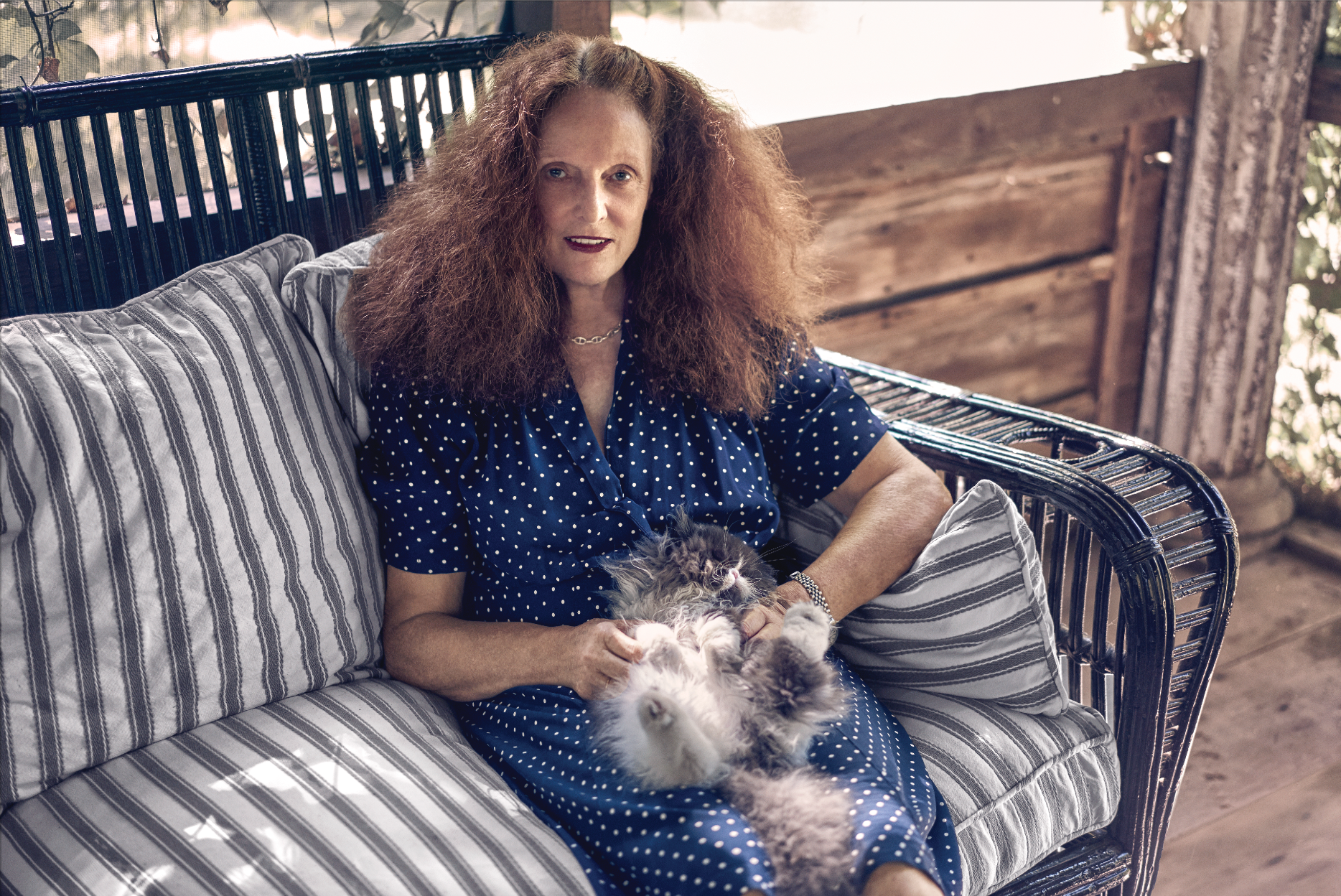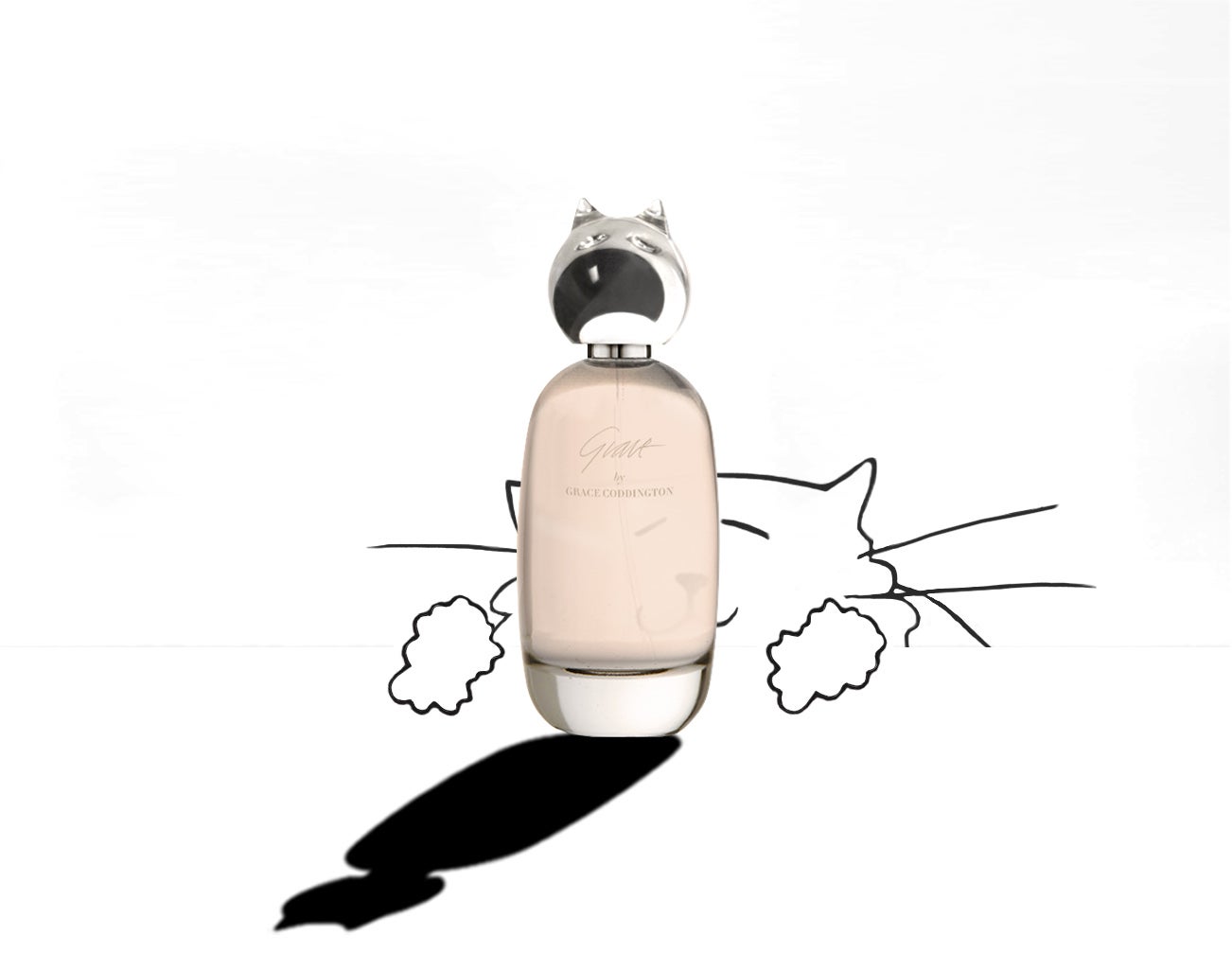Fancy smelling like a Vogue editor? It's an extension of fashion's cult of celebrity
Fashion editors aren't just shooting magazine covers - these days, they're releasing fragrances, starring in films and designing fashion lines. So what - and why not - asks Alexander Fury

Your support helps us to tell the story
From reproductive rights to climate change to Big Tech, The Independent is on the ground when the story is developing. Whether it's investigating the financials of Elon Musk's pro-Trump PAC or producing our latest documentary, 'The A Word', which shines a light on the American women fighting for reproductive rights, we know how important it is to parse out the facts from the messaging.
At such a critical moment in US history, we need reporters on the ground. Your donation allows us to keep sending journalists to speak to both sides of the story.
The Independent is trusted by Americans across the entire political spectrum. And unlike many other quality news outlets, we choose not to lock Americans out of our reporting and analysis with paywalls. We believe quality journalism should be available to everyone, paid for by those who can afford it.
Your support makes all the difference.Ever heard of a Vogue editor with a fragrance? Now you have: Grace Coddington, the creative director of American Vogue who recently went "at large" (fashion speak for moonlighting) launches her first signature fragrance - succinctly titled "Grace" - this afternoon at London's Dover Street Market. Admittedly the fragrance is niche and fashiony, created with Comme des Garçons and with a bottle designed by Fabien Baron of Interview magazine, based around one of Coddington's cats. That’s not so unusual: she previously dedicated a book to them.
All very idiosyncratic. But Coddington's name is presumed to be enough of of a draw to shift scent - not to the same degree as Beyoncé, granted, whose fragrance lines with Coty are the most profitable in the nebulous miasma of celebrity fragrance, a section of the perfume industry estimated to net close to a billion pounds a year.
Rather than celebrity fragrance - which has been hugely profitable ever since Elizabeth Taylor released Passion in 1988 - and White Diamonds in 1991, still the best-selling celebrity fragrance of all-time. Coddington's fragrance is more interesting for what it says about the fashion industry and celebrity. Namely that fashion isn't just obsessed with dressing celebrities, but wants to create its own. Look at how Coddington's boss Anna Wintour is mobbed outside of fashion shows by paparazzi and star hunters; or how her former counterpart Carine Roitfeld, once editor in chief of Vogue Paris and now of her own magazine CR Fashion Book, has teamed with Uniqlo to designs collection. Her second was released back in February. Who is it based on? Herself - her skinny silhouette, predilection for pencil skirts and love of leopard are all spun out into clothes for the masses.

It's all part of the transformation of fashion from an insider industry into a global entertainment juggernaut. Coddington became known from her scene-stealing cameo in the surprise 2009 hit film The September Issue, offering an unanticipated inside look at the planning of an edition of Vogue. This weekend, London is host to the Vogue Festival - including talks from industry figures including Coddington, Alessandro Michele of Gucci, and Dolce and Gabbana. The Clothes Show meets Parkinson, it's near sold out. And shows as diverse as Givenchy and Yeezy are offering consumers the chance to obtain tickets, to watch a fashion show live - like a play, or maybe a rock concert.
It's all part of the cult of celebrity - after all, if people can become famous for doing nothing, why not become famous for what you do so very well? And maybe release a perfume to capitalise on the celebrity? If Paris Hilton can bottle her eau, why not the women who determine what the rest of the world wears (if The Devil Wears Prada is to be believed).
It's all a far cry from industry figures like Martin Margiela, the nineties designer who declined most interviews and steadfastly refused to be photographed throughout his career. He still made millions - and, more importantly, made a seismic impact on fashion that's still felt today. But maybe that's because of his reclusive exclusivity? Perhaps that will be the next big fashion trend - industry figures disconnecting, unplugging and going anonymous and undercover?
Join our commenting forum
Join thought-provoking conversations, follow other Independent readers and see their replies
Comments